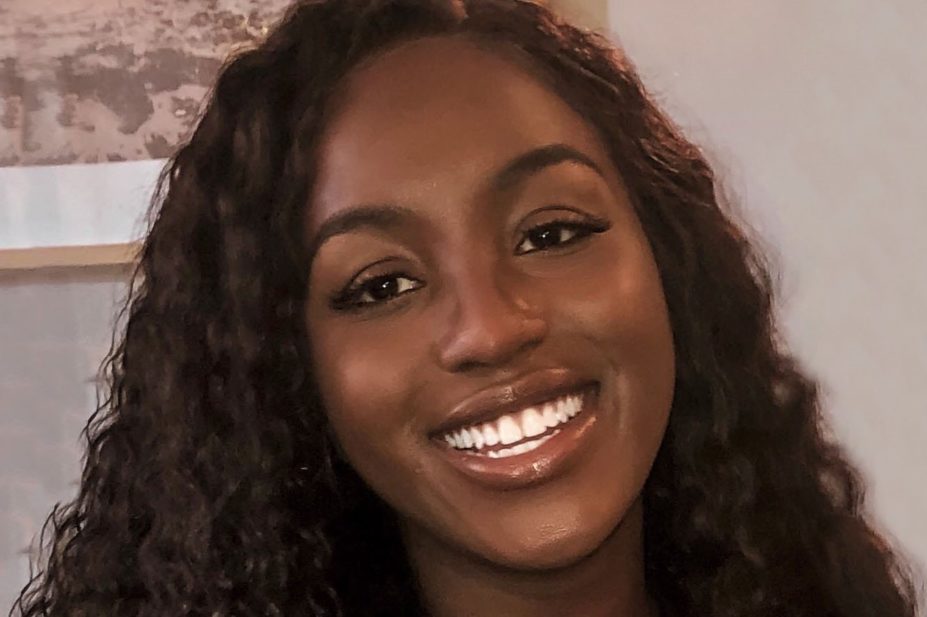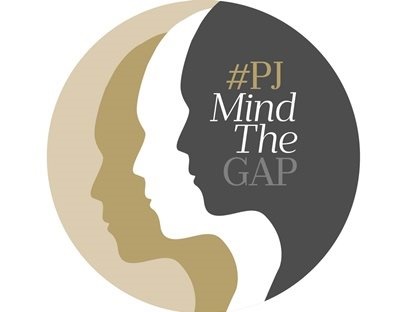
Unekwuojo Agada
I was born in Nigeria, but I have lived in the UK since I was one-year-old. My younger years were in multicultural Wakefield, so I didn’t feel I stood out as much, but when I moved to Harrogate I was shocked to find I was the only black child in my classes, and one of very few minorities in the school. This was difficult and isolating at times.
I was excited at the prospect of studying pharmacy at the University of Manchester, I thought I’d meet lots of people from different backgrounds, but I was a little bit surprised by how few other black people I saw on the course. This was a surprise to me as growing up in a Nigerian household, we were often encouraged to aspire to certain professional careers . I thought so many people from a similar background would be aiming for this and I was shocked when I got to university to see that this wasn’t necessarily the case. I asked myself why this might be and wanted to find out if this was a choice, or if there were barriers to accessing these courses. From my experience and further research into access to higher education for people of a black, Asian and minority ethnic background, I believe the latter to be true.
I think university should be a place to build skills and confidence, but the barriers black and other minority ethnic students face can lead to them not achieving their full potential. These students may not be well supported within their degree and this needs to be looked at. Although in Manchester we have black and other minority ethnic lecturers, the majority are white. There are, however, some really great members of staff who have been working to make pharmacy fair for everyone and to widen participation.
There’s been times when I’ve felt uncomfortable, following off-hand comments from my peers, like applying broad stroke conclusions about ethnic populations in relation to our studies – for example, saying “Black people have poor diets” or perceptions that black people have a higher pain threshold. These types of biased preconceptions can have devastating effects for black patients. I think there needs to be more cultural education on the course. If you don’t have that cultural understanding, you’re not going to get the best patient outcomes. There are also issues relating to assessment of foreign minority and ethnic students, such as the need to avoid colloquialisms and language that can make OSCEs more difficult.
My university did encourage us to take up opportunities and I was successful in my application for an internship within the pharmaceutical industry. As part of this, I went to a manufacturing site with about 400 people, but I was the only black woman. I knew there was a lack of representation within the industry, but being there, experiencing it, was something else.
I would like to see more action to bring about change. I want policies implemented that help support minority ethnic students and transparency from the schools. If they are implementing training, outline what this training is. If they do a survey, share the results. I would also like clearer ways to report issues on the course, as many students don’t feel comfortable coming forward – they feel like it isn’t worthwhile.
Unekwuojo Agada is founder of the Black Pharmacists Collective and a fourth-year pharmacy student at the University of Manchester.
Read more: Making the MPharm fairer: what can be done about the ethnicity awarding gap?



